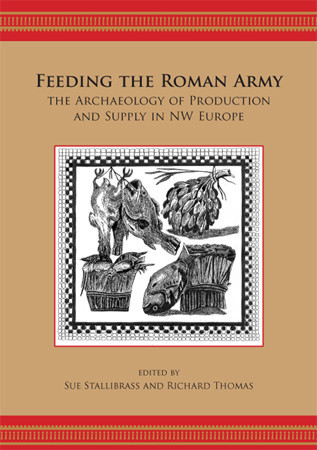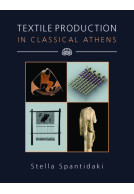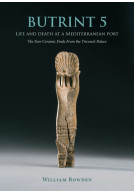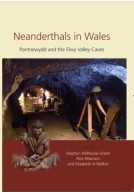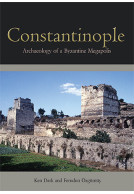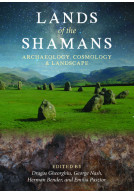Google Books previews are unavailable because you have chosen to turn off third party cookies for enhanced content. Visit our cookies page to review your cookie settings.
Feeding the Roman Army (Paperback)
The Archaeology of Production and Supply in NW Europe
Imprint: Oxbow Books
Pages: 169
Illustrations: b/w illus
ISBN: 9781842173237
Published: 10th April 2008
Script Academic & Professional
Pages: 169
Illustrations: b/w illus
ISBN: 9781842173237
Published: 10th April 2008
Script Academic & Professional
This book will be reprinted and your order will be released in due course.
You'll be £32.00 closer to your next £10.00 credit when you purchase Feeding the Roman Army. What's this?
+£4.99 UK Delivery or free UK delivery if order is over £40
(click here for international delivery rates)
Order within the next 2 hours, 4 minutes to get your order processed the next working day!
Need a currency converter? Check XE.com for live rates
(click here for international delivery rates)
Order within the next 2 hours, 4 minutes to get your order processed the next working day!
Need a currency converter? Check XE.com for live rates
These ten papers from two Theoretical Roman Archaeology Conference (2007) sessions bring together a growing body of new archaeological evidence in an attempt to reconsider the way in which the Roman army was provisioned. Clearly, the adequate supply of food was essential to the success of the Roman military. But what was the nature of those supply networks? Did the army rely on imperial supply lines from the continent, as certainly appears to be the case for some commodities, or were provisions requisitioned from local agricultural communities? If the latter was the case, was unsustainable pressure placed on such resources and how did local communities respond? Alternatively, did the early stages of conquest include not only the development of a military infrastructure, but also an effective supply-chain network based on contracts? Beyond the initial stages of conquest, how were provisioning arrangements maintained in the longer term, did supply chains remain static or did they change over time and, if so, what precipitated those changes? Addressing such questions is critical if we are to understand the nature of Roman conquest and the extent of interaction between indigenous communities and the Roman army. Case studies come from Roman Britain (Alchester, Cheshire, Dorset), France, the Netherlands and the Rhine Delta, looking at evidence from animal products, military settlements, the size of cattle, horses, pottery and salt. The editors also provide a review of current research and suggest a future agenda for economic and environmental research.
Other titles in Oxbow Books...







